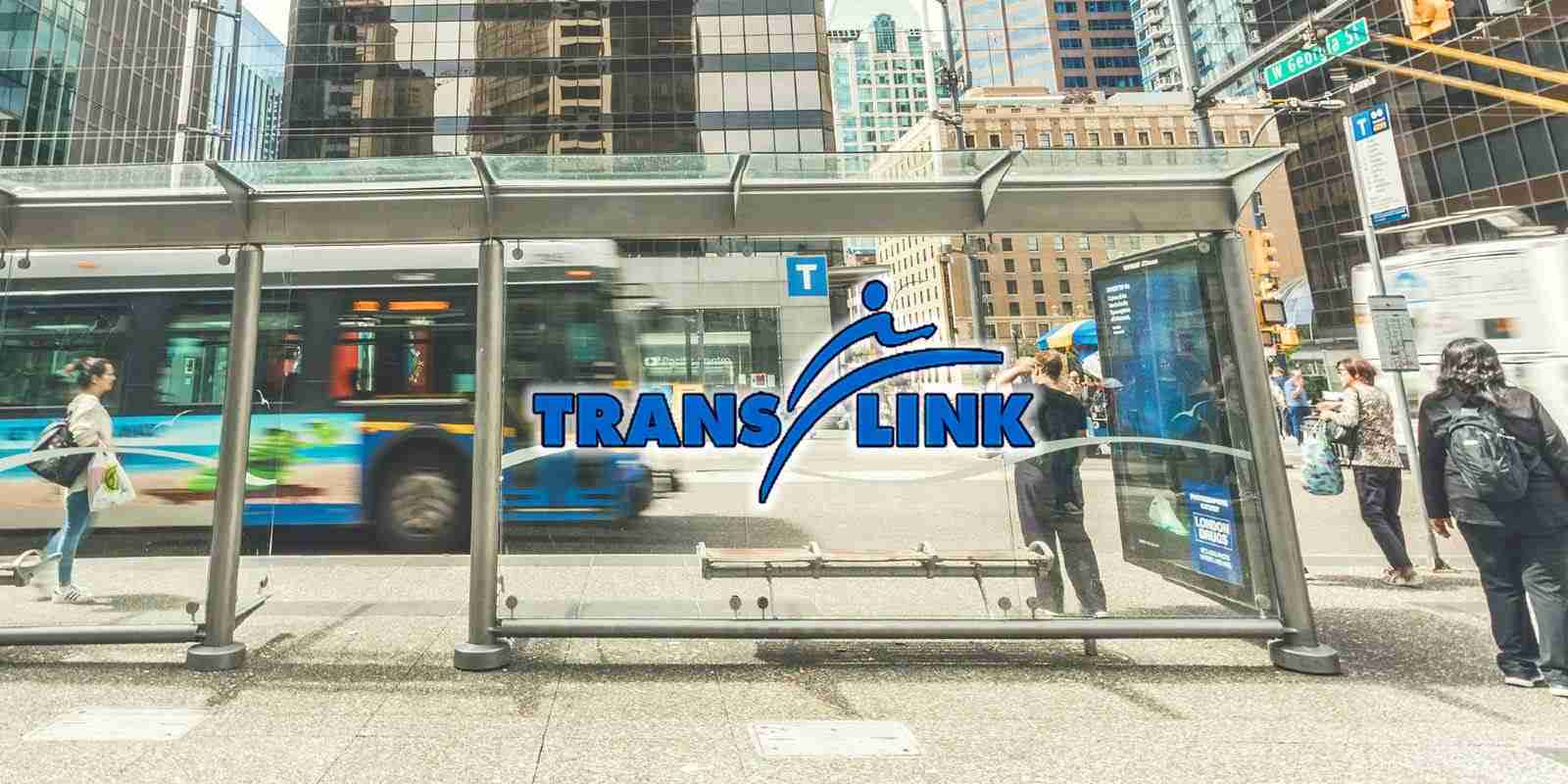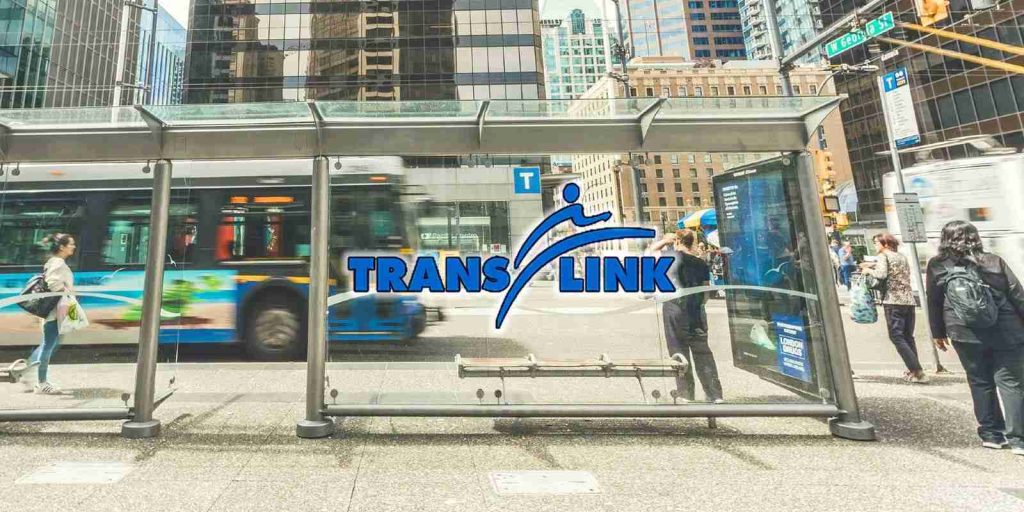KEEP IN TOUCH
Subscribe to our mailing list to get free tips on Data Protection and Cybersecurity updates weekly!







Metro Vancouver’s transportation agency TransLink has confirmed that the Egregor ransomware operators who breached its network at the beginning of December 2020 also accessed and potentially stole employees’ banking and social security information.
TransLink announced on December 1, 2020, that the transportation network was experiencing issues with their computing systems following a cyberattack.
These information technology issues impacted the company’s phones and online services, as well as the customers’ ability to pay for fares with a credit card or debit card. TransLink’s transit services were not affected by the IT problems caused by the ransomware attack.
“We are now in a position to confirm that TransLink was the target of a ransomware attack on some of our IT infrastructure,” TransLink disclosed in a statement following the incident. “This attack includes communications to TransLink through a printed message.”
During the attack, the ransomware operators used the company’s printers to print ransom notes which BleepingComputer identified as Egregor ransom notes, a tactic the cybercrime gang also used after infiltrating the network of retail giant Cencosud in November.
Also Read: Computer Misuse Act Singapore: The Truth And Its Offenses
Although immediately after the attack was discovered TransLink representatives said that “there is no cause for concern that personal data has been compromised” when it comes to customers’ information, it looks like this is not the case for employees.
TransLink told employees in an internal email seen by Global News that the Egregor operators have “accessed and may have copied files from a restricted network drive” and several other network drives.
According to the email, the accessed drives containing the payroll information of TransLink, Coast Mountain Bus Company (CMBC), and Metro Vancouver Transit Police employees.
“Those restricted network drives include files that contain banking information and some social insurance numbers,” TransLink added.
If you have first-hand information about this or other unreported cyberattacks, you can confidentially contact us on Signal at +16469613731 or on Wire at @lawrenceabrams-bc.
While the company has evidence that the drives were accessed during the attack, it is still working on identifying the impacted employees and the files that were opened or copied by the attackers.
The transportation agency also urges all employees to sign up for two-year credit monitoring — free for all staff— as soon as possible.
“Importantly, as we outlined previously, TransLink does not store or have access to Compass customer fare payment information,” Translink spokesperson Ben Murphy told Global News Wednesday.
At the moment, most of TransLink’s systems are still down after the ransomware attack — including real-time GPS data, tracking, and reporting systems — with company technicians working to restore them as soon as possible.
Customers who want to track buses are advised to use Google trip planner “for the time being,” until tracking systems are back online.
“We are now in the process of gradually bringing priority systems back online as safely as possible,” Murphy added.
Egregor is a ransomware operation that partners with affiliates who hack into targets’ networks and deploy ransomware payloads, earning 70% of the ransom payments with the Egregor operators getting a 30% revenue share.
Also Read: Personal Data Websites: 3 Things That You Must Be Informed
The affiliates who infiltrate victims’ networks are also known for stealing files before encrypting devices using Egregor ransomware and for using them as leverage under the threat of publicly leaking them unless the ransom is paid.
Egregor started operating in September 2020 after Maze shut down their operation, with many of the Maze affiliates switching to Egregor as threat actors told BleepingComputer.
Since September, Egregor affiliates breached and encrypted the systems of several high-profile targets worldwide, including but not limited to Ubisoft, Kmart, Barnes and Noble, Cencosud, and Crytek.